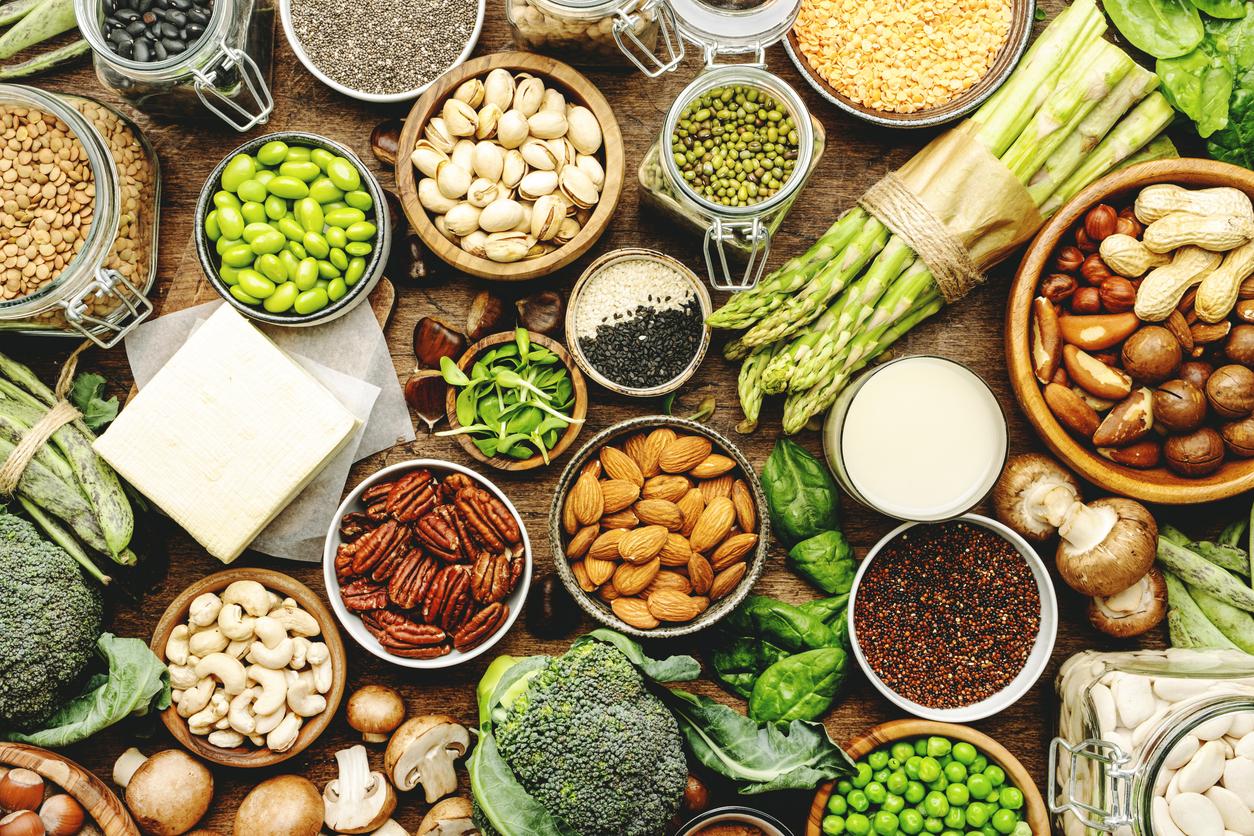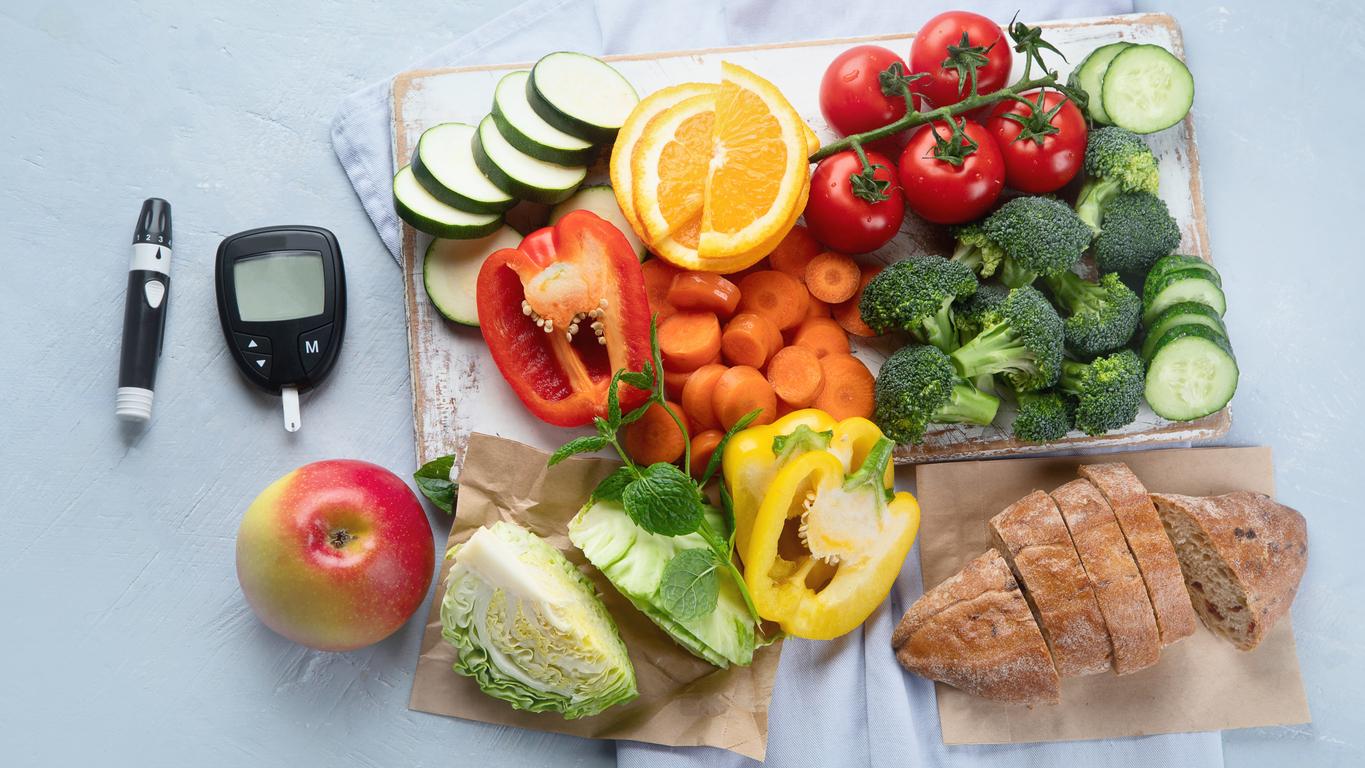The French are not resisting the vegetarian or vegan wave. 3% of the population would thus have a 100% vegetarian diet, but is it really good for your health?

On the eve of World Vegan Day, and when some forty health professionals publish a grandstand for the recognition of this mode, it is interesting to take stock of the impact on health of this mode of consumption.
What are the different types of diets?
- Vegetarian
The vegetarian diet excludes the consumption of any kind of meat, fish, seafood. They can consume dairy products and eggs, which allows them not to have deficiencies of vitamin B12 (present only in dairy products). animal origin).
- vegan
Vegans do not consume meat (red, white, fish, seafood), nor any other animal product (dairy products, honey, etc.).
- Vegan
The Vegan diet is the same as the vegan diet. The vegan person will also banish all products of animal origin from his life in general: clothes, etc.
- Pescetarian
The pescetarian diet excludes red meat and white meat, but retains fish and seafood.
Are vegan or vegan diets complete?
These diets can cause deficiencies in essential nutrients for the proper functioning of the body. A study, published in The Journal of the American Osteopathic Association, shows that there may be deficiencies in vitamins B12 and D, iron and calcium. But contrary to what one might think, most followers do not seem to be lacking in proteins or essential amino acids of animal origin.
In children and adolescents, a well-controlled vegetarian diet is possible, but the vegan diet or the Vegan diet should be avoided, because a marked delay in staturo-weight development can be observed.
What are the risks of these deficiencies?
The risks of these deficiencies are neurological disorders, anemia, or a decrease in bone strength.. Cases of paralysis have even been reported in people who have been vegan for several years. Supplementation of the diet with supplements is therefore necessary in vegan people.
Do people who are vegan or vegan live longer and healthier?
The answer is complex. Many studies show that a vegetarian diet most often, or vegan (vegan), reduces the risk of cardiovascular disease, certain cancers and also mortality.
But there are several downsides:
- Several recent studies show that if vegans live a little longer (12%), it is not due to their diet, but to the fact that this population does not smoke and consumes less alcohol. In other words, it’s not food that prolongs their lifespan, but their healthier lifestyle.
- The food must be well chosen and of good quality (and therefore often more expensive). Indeed, some studies have shown that eating vegan, but with poor quality foods, does not bring any benefit compared to a classic diet with meat.
- Eating vegan reduces the absorption of certain organic pollutants found in meat but increases ingestion of other contaminants such as phytoestrogens or mycotoxins.
- Finally, this diet could increase certain disorders such as depression (vitamin B12 deficiency) or irritable bowel syndrome.
Finally, an interesting study was published recently. It shows that when one is vegetarian for several generations in a family, the body can undergo genetic mutations to help avoid deficiencies. This allows the body to better metabolize omega 3 and omega 6, which contribute to brain development and have anti-inflammatory properties. If someone in these families suddenly stops the vegetarian diet, they will overproduce certain fatty acids and increase their risk of cardiovascular disease and colon cancer. This mutation is found in 70% of Indians, against 53% of Africans, 29% of East Asians, and 17% of Europeans.
.














